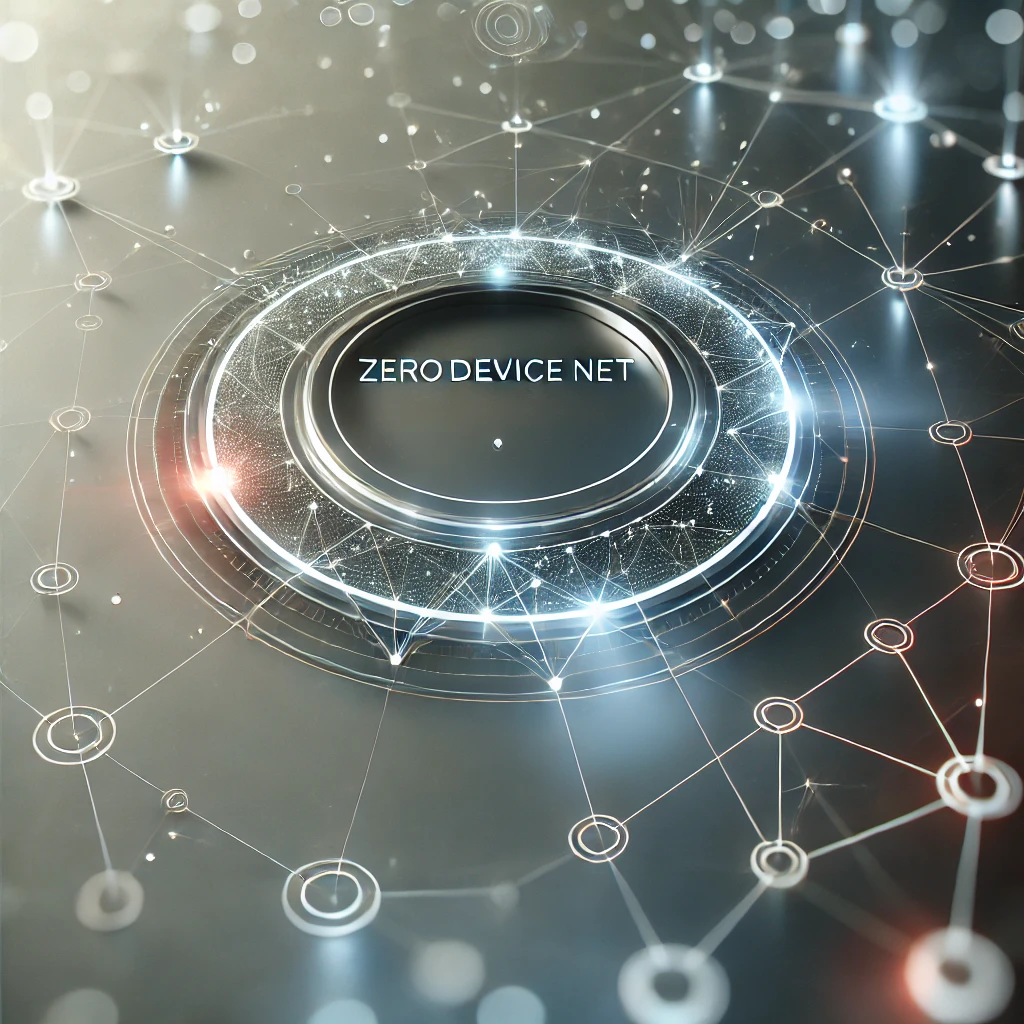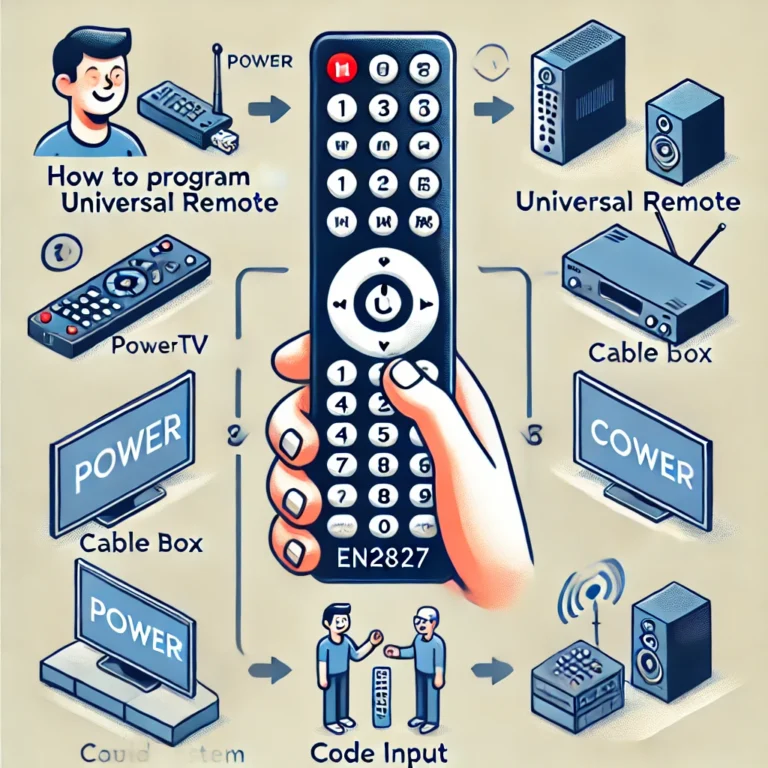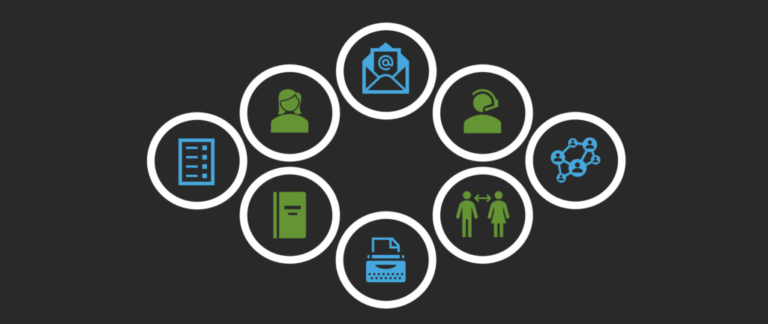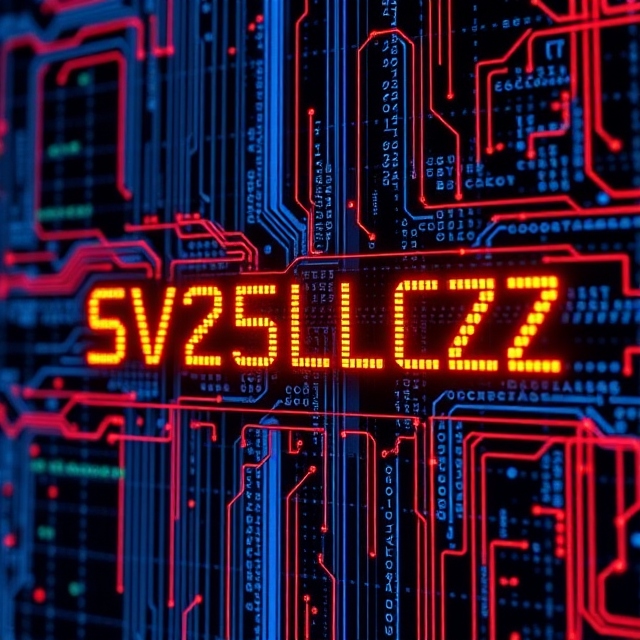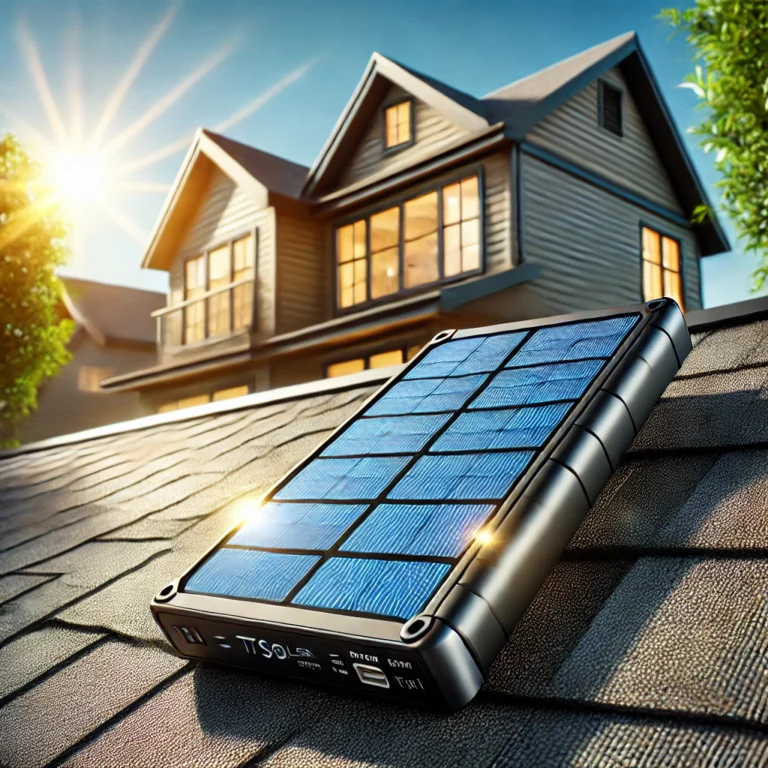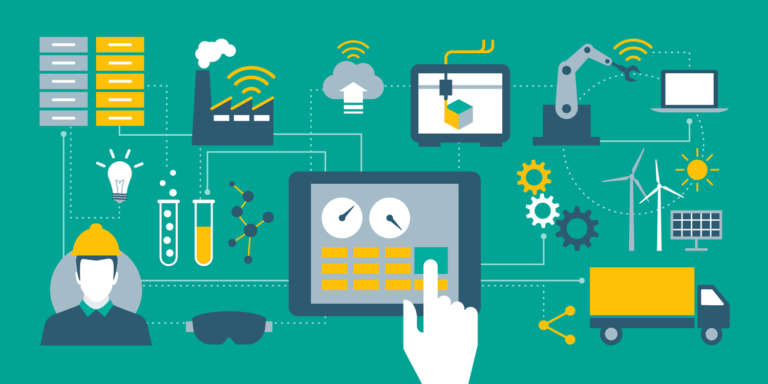ZeroDevicenet: More About Device-Less Connectivity
In the rapidly evolving world of technology, ZeroDevicenet emerges as a groundbreaking concept that promises to revolutionize how we interact with networks and systems. This term, though not yet universally defined, generally refers to networks and systems designed to simplify technology interaction. By removing the need for physical devices or minimizing configuration requirements, ZeroDevicenet aims to change the way we connect with the world. In this article, we will explore the key concepts, benefits, challenges, and future potential of ZeroDevicenet.
Read more about technology and innovation: Creative Excellence Team General Motors: Driving Innovation
What is ZeroDevicenet?
At its core, ZeroDevicenet refers to a network infrastructure that allows users to connect and interact with technology without relying on physical devices. In essence, the idea is to create a more intuitive, streamlined experience for end-users, enabling seamless communication and interaction across multiple platforms.
In traditional networks, devices like smartphones, laptops, and IoT devices serve as intermediaries for communication. However, ZeroDevicenet eliminates or significantly reduces the need for these physical devices, making the interaction more direct and intuitive. As a result, this shift could potentially enhance user convenience, efficiency, and accessibility.
Key Features of ZeroDevicenet
Device-less Interaction: One of the primary features of ZeroDevicenet is its ability to facilitate communication without the use of physical devices. Instead, it leverages advanced software and cloud computing to create a network of virtual connections.
Minimal Configuration: Another hallmark of ZeroDevicenet is its focus on minimizing configuration. As a result, users no longer need to manually adjust settings or install complex software. Instead, the network automatically adapts to user needs, making the experience much more user-friendly.
Cloud Integration: ZeroDevicenet heavily integrates with cloud computing, relying on cloud-based services to deliver resources and manage tasks. This approach reduces the reliance on personal devices and local storage, while also enhancing scalability and flexibility.
Enhanced Security: With fewer devices in the mix, security becomes less complicated. Therefore, network security is managed centrally through cloud systems, which can provide better monitoring and control over data transmission.
The Evolution of Technology: From Devices to ZeroDevicenet
Technological evolution has always been marked by a series of innovations aimed at simplifying user interaction. From the outset, the first computers to the rise of smartphones, each stage has brought with it new ways to enhance connectivity. As a result, ZeroDevicenet represents the next logical step in this progression.
Initially, in the early stages of computing, users had to interact with large mainframes through terminals. As technology advanced, personal computers allowed for more direct interaction. Then, with the advent of mobile devices and the Internet of Things (IoT), we saw an explosion of physical devices that further complicated the landscape.
Now, with ZeroDevicenet, the aim is to strip away these intermediary devices and allow users to communicate directly through software and cloud-based systems. Consequently, this shift could drastically change the way we think about connectivity.
From IoT to ZeroDevicenet: A Paradigm Shift
IoT has already begun to remove the need for certain physical devices by embedding sensors and connectivity into everyday objects. However, ZeroDevicenet goes even further by eliminating the need for any device altogether. Instead of interacting with physical hardware, users will engage directly with a network of virtual systems that perform tasks based on user input. As a result, this represents a major paradigm shift in how we think about and interact with technology.
Benefits of ZeroDevicenet
ZeroDevicenet holds tremendous potential to benefit individuals, businesses, and society at large. Below are some of the key advantages of adopting ZeroDevicenet.
Increased Accessibility
With the removal of physical devices, ZeroDevicenet can make technology more accessible. As a result, users will no longer need expensive smartphones or computers to access the internet or use applications. Instead, they can connect to a network from any available interface, such as voice assistants or simple sensors embedded in the environment.
Cost Reduction
By eliminating the need for physical devices, ZeroDevicenet can help reduce the cost associated with hardware, maintenance, and upgrades. In turn, individuals and organizations can access high-quality services and computing power without needing to invest in the latest devices.
Seamless Integration
Another important benefit is the smooth integration of different technologies. Since the network is cloud-based and device-agnostic, users can easily connect with a variety of services and systems without worrying about compatibility issues. Consequently, this opens up new opportunities for cross-platform communication and collaboration.
Enhanced User Experience
ZeroDevicenet can significantly enhance the user experience by offering a simpler, more intuitive interaction model. With fewer devices to manage and configure, users can focus solely on their tasks, enjoying smoother and faster communication with the systems they need.
Environmental Impact
Reducing the reliance on physical devices could have a positive impact on the environment. Specifically, fewer devices result in reduced electronic waste and lower energy usage. By shifting to cloud-based systems, the carbon footprint of personal technology could be significantly reduced.
How ZeroDevicenet Works?
To understand how ZeroDevicenet functions, it’s essential to explore the technologies that make it possible. These technologies are already shaping the future of computing, and as they mature, they will likely become the foundation for ZeroDevicenet.
Cloud Computing and Edge Computing
Cloud computing plays a central role in ZeroDevicenet. It allows users to access resources and services hosted on remote servers, making it possible to operate without the need for personal hardware. Edge computing supports cloud computing by handling data processing nearer to the user, which helps minimize latency and improve performance.
Artificial Intelligence and Machine Learning
Artificial intelligence (AI) and machine learning (ML) are crucial in enabling ZeroDevicenet to understand and anticipate user needs. These technologies allow networks to self-configure and adjust to changing conditions, ensuring that the user experience remains smooth and efficient.
5G Networks
5G technology plays a significant role in enabling ZeroDevicenet by providing faster, more reliable internet connections. With its low latency and high bandwidth, 5G makes it possible for devices to communicate in real-time without physical intermediaries.
